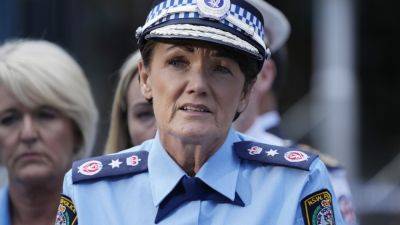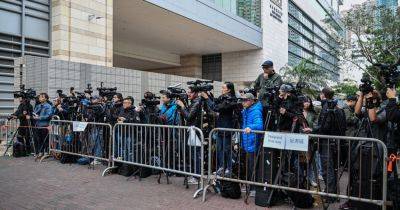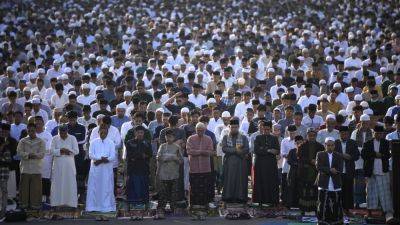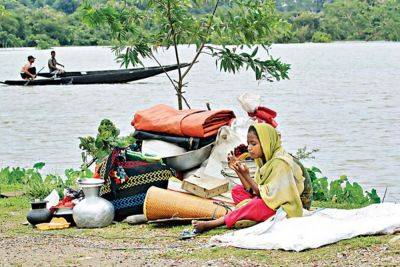People with disabilities have been reduced to numbers and statistics
March 28, 2024
DHAKA – Living with dignity as a visually impaired woman in Dhaka feels impossible when we are unable to trust our fellow citizens. Our state has ratified several policies and guidelines that are meant to protect people, and especially women and children with disabilities, but we continue to face significant structural barriers and discriminatory attitudes which keep us in a cycle of marginalisation and exclusion. I have been noticing that, in the push for inclusion, those of us with disabilities have been reduced to numbers and statistics, often packaged as a “good business case” so that organisations will take notice of us. While all that is practical, it is also important that our humanity and our unique struggles are not ignored. People with disabilities are citizens of this country and our rights must be realised. In order to illustrate what it is like to live with a disability in Bangladesh, I’d like to share a few personal stories.
Most public spaces and buildings in the country are not equipped to accommodate individuals with disabilities. For example, due to a lack of accessible toilets, there are students with disabilities who don’t go to the bathroom for the entire day at schools and universities. One can guess the health consequences of not using a toilet for around five to seven hours daily. Infrastructural barriers such as poor transportation systems and inaccessible roads further restrict our mobility and make us dependent on those around us. Imagine the daunting task of crossing a bustling road in Dhaka as a visually impaired person; not to mention facing the chaos of honking horns, revving engines, and hurried footsteps. People bump into you and yell expletives. Every step forward feels







